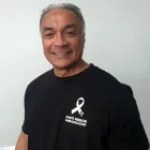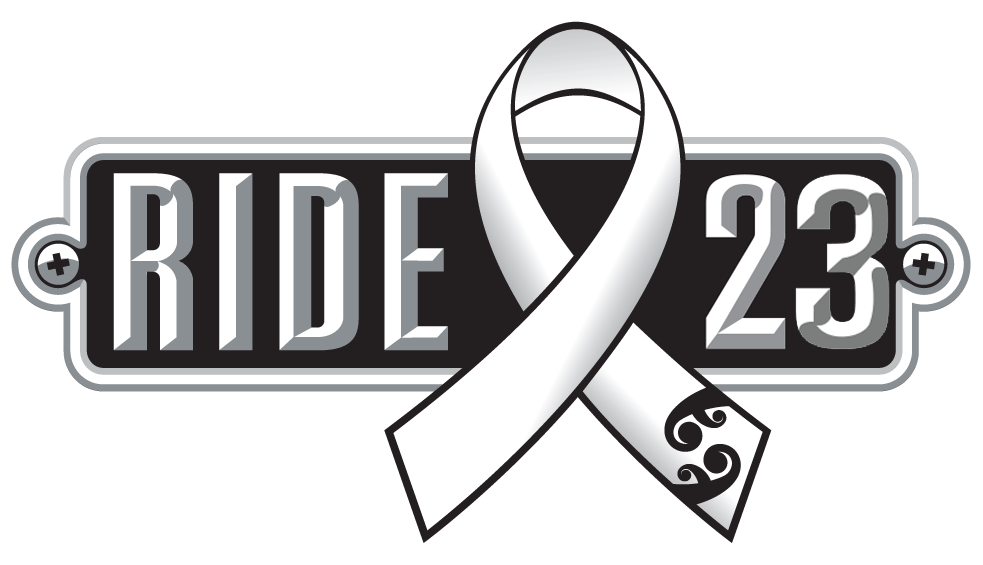Atene Skyline Track Trek
October 29, 2021

If you’re going to be in Wanganui on the 27th of November you might want to join Anne-maree Parker and her team as they challenge themselves to complete the Atene Skyline Track Trek to shine a light on domestic violence. It’s a great year for an outdoor event with plenty of fresh air!
She has organized this event as everyone knows someone who has experienced domestic violence and she wants to help to break that destructive cycle. She notes: “We want to bring this issue out into the open to be talked about because domestic violence can be quiet and deadly, unspoken and hiding behind closed doors.”
This year we are focusing on the things that work to help prevent violence and support positive change and Anne-maree offers some excellent advice that really does help. She thinks we need to be supportive of people affected by domestic violence, without judgement. “Being non-judgmental will empower them to see positivity in their life, that’s the goodness you can offer.” She adds by “being open and talking about it that opens doors toward change. It plants a seed in our community to reflect on.” Where better to think about these issues than surrounded by strong forests that started from a small seed!
We are also really grateful for Anne-maree’s efforts to support White Ribbon by setting up a givealittle page for the event. If you can’t make it but want to show your support for the kaupapa and Anne-maree’s efforts to support change, please consider making a donation.

Structured program for the Atene Skyline Track trek:
- 06:15 Start arriving
- Mark off names on attendance sheet
- Issue entrants with white ribbon
- 06:45 Run down of events
- Quick talk about the purpose of the day
- 07:00 Departure
- 10:30 Mid way
- Lunch
- Quiz and prize
- Photos
- 11:30ish Head back out
- E.T.A 16:30 Photos at end
- Receive participant certificate
- BBQ and refreshment to celebrate a wonderful day
To register please contact Anne-maree directly on 0272955456 or via email ANNEMAREEPARKER78@GMAIL.COM

 We are excited to be working with Catherine Daniels to shine a light on her exhibition
We are excited to be working with Catherine Daniels to shine a light on her exhibition 






 Richie Hardcore, educator, keynote speaker and activist, working in violence prevention, masculinities, mental health and wellness.
Richie Hardcore, educator, keynote speaker and activist, working in violence prevention, masculinities, mental health and wellness.
 Mele Wendt MNZM, White Ribbon Ambassador
Mele Wendt MNZM, White Ribbon Ambassador Rob McCann, White Ribbon Manager
Rob McCann, White Ribbon Manager

 The session supported managers to understand their obligations under the Domestic Violence – Victim’s Protection Act, with particular focus on how domestic violence and its hidden costs can affect the workplace, and how businesses and managers can help by recognising, responding to and addressing the impacts of domestic violence on an employee. The event went incredibly well with 58 attendees from the business sector and Tim Easton from Whanganui and Partners is keen to look at a pilot incentive programme to help a number of local businesses with White Ribbon’s Workplace Accreditation.
The session supported managers to understand their obligations under the Domestic Violence – Victim’s Protection Act, with particular focus on how domestic violence and its hidden costs can affect the workplace, and how businesses and managers can help by recognising, responding to and addressing the impacts of domestic violence on an employee. The event went incredibly well with 58 attendees from the business sector and Tim Easton from Whanganui and Partners is keen to look at a pilot incentive programme to help a number of local businesses with White Ribbon’s Workplace Accreditation. One of the organisers Jo Hodder, from Jigsaw Whanganui, described Anna as ‘an amazing presenter’ and noted the positive feedback from attendees. We are so grateful to Anna for taking time out of her busy schedule to spread the kaupapa in Whanganui. If you would like to learn more about
One of the organisers Jo Hodder, from Jigsaw Whanganui, described Anna as ‘an amazing presenter’ and noted the positive feedback from attendees. We are so grateful to Anna for taking time out of her busy schedule to spread the kaupapa in Whanganui. If you would like to learn more about 


 The Man Box
The Man Box











You must be logged in to post a comment.